Apex Magazine #15 arrives, featuring C.S.E. Cooney
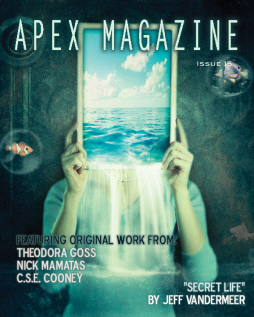 Apex Magazine #15 was published on August 2, featuring fiction from Theodora Goss, Nick Mamatas, a reprint by Jeff VanderMeer — and “Dogstar Men,” a short poem by Black Gate blogger C.S.E. Cooney.
Apex Magazine #15 was published on August 2, featuring fiction from Theodora Goss, Nick Mamatas, a reprint by Jeff VanderMeer — and “Dogstar Men,” a short poem by Black Gate blogger C.S.E. Cooney.
This is the first issue of Apex from new editor Catherynne M. Valente; Jason Sizemore continues as the publisher. The striking cover is by Brazilian artist Priscila Santos.
We last profiled Apex in June when they announced they were re-opening to submissions.
C.S.E. Cooney’s poem “Dogstar Men” is available here. Her most recent work for Black Gate, the three-part (and suitably epic) blog opus Exploring Fantasy in Metal, begins here.
Apex Magazine #15 is available online; the complete magazine is also available in a downloadable, pay-what-you-want edition through Smashwords, and in a Kindle edition (for 99 cents). Select back issues are also available through their excellent Magazine Archive.
To join the Apex Army and donate, subscribe, or help spread the word, visit their online store.
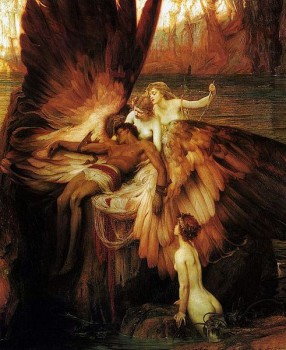 . . . And the boy thought,
. . . And the boy thought,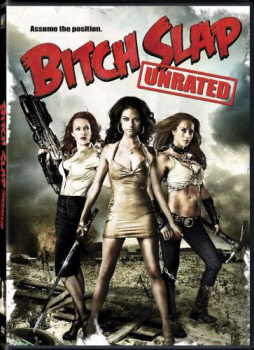 Bitch Slap the (unrated) film relates to fantasy fiction how, you may ask?
Bitch Slap the (unrated) film relates to fantasy fiction how, you may ask?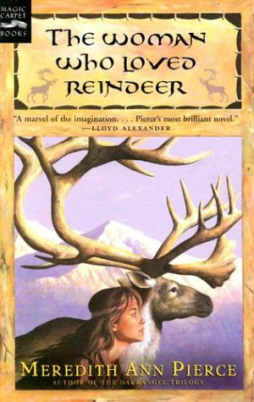 The Woman Who Loved Reindeer, by Meredith Ann Pierce
The Woman Who Loved Reindeer, by Meredith Ann Pierce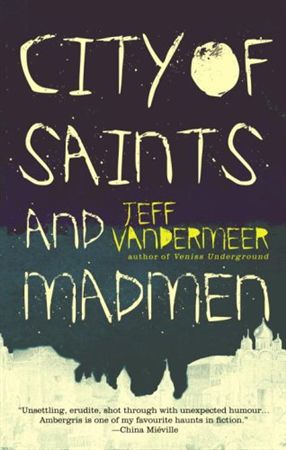 I don’t know what makes a novel great. Maybe every great book is great in its own way. I suspect, though, that a novel’s greatness resides most often either in its structure (not just its plot, but its balancing of themes and elements, its division into units like chapters, and its decision of what to describe and when) or its prose (its ability to make every word count, not only in depicting character and setting, not only in moving forward story, but in advancing the theme of the book, what it’s about, the idea that prompted the telling of the tale in the first place).
I don’t know what makes a novel great. Maybe every great book is great in its own way. I suspect, though, that a novel’s greatness resides most often either in its structure (not just its plot, but its balancing of themes and elements, its division into units like chapters, and its decision of what to describe and when) or its prose (its ability to make every word count, not only in depicting character and setting, not only in moving forward story, but in advancing the theme of the book, what it’s about, the idea that prompted the telling of the tale in the first place).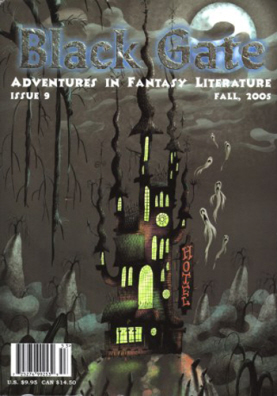 We’ve just re-vamped our
We’ve just re-vamped our 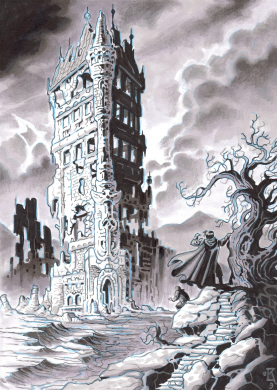 The ruined mansion seemed the perfect place to elude their pursuers… until they began to penetrate its secrets.
The ruined mansion seemed the perfect place to elude their pursuers… until they began to penetrate its secrets.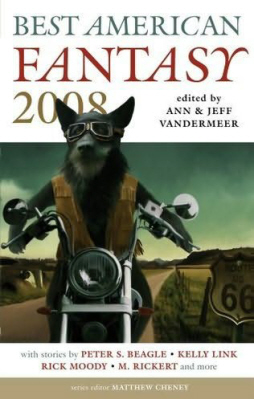 Over at Ecstatic Days, Jeff VanderMeer
Over at Ecstatic Days, Jeff VanderMeer  Following up on
Following up on 
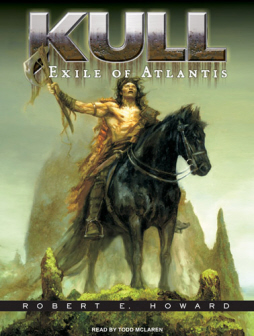 “Beyond the Sunrise” is the unofficial title afforded an unfinished Kull story that did not see print until over forty years after the author’s death. Its significance is due largely to the fact that it was the first of four widely differing attempts to continue the Kull series following the publication of both “The Shadow Kingdom” and “The Mirrors of Tuzun Thune” in Weird Tales in 1929.
“Beyond the Sunrise” is the unofficial title afforded an unfinished Kull story that did not see print until over forty years after the author’s death. Its significance is due largely to the fact that it was the first of four widely differing attempts to continue the Kull series following the publication of both “The Shadow Kingdom” and “The Mirrors of Tuzun Thune” in Weird Tales in 1929.